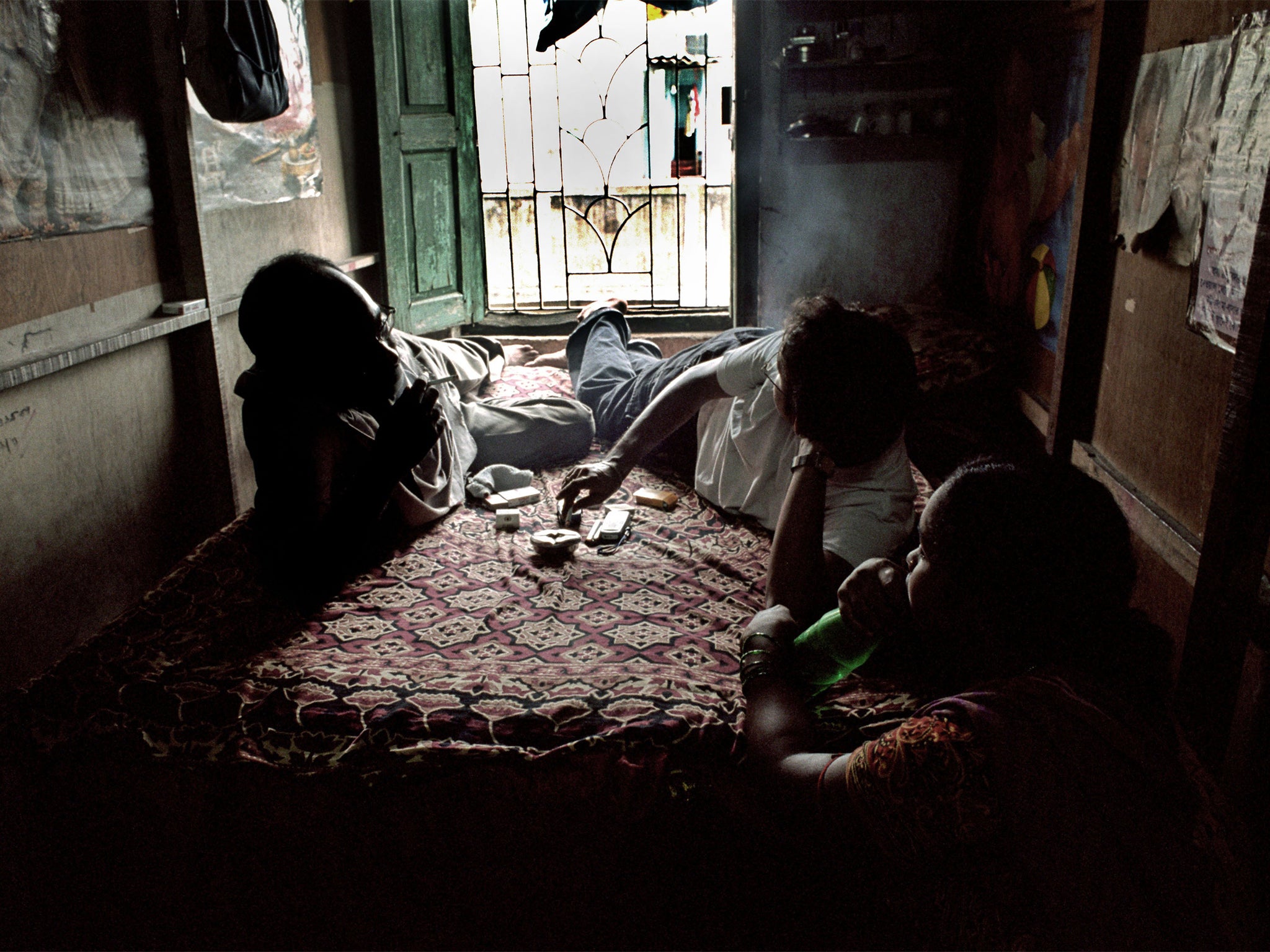Slavery victims are being jailed for crimes they were forced to commit, warns anti-slavery tsar
Kevin Hyland says practice of jailing trafficked people continues despite series of past blunders

Victims of slavery are being unfairly jailed for crimes they were forced to commit, because the criminal justice system fails to understand their plight, the Government’s anti-slavery commissioner has warned.
Kevin Hyland said the practice of jailing trafficked people was continuing despite a series of blunders revealed in a court ruling more than two years ago. This concerned the convictions of Vietnamese children working in cannabis farms and a Ugandan sex slave suffering from post-traumatic stress disorder.
The commissioner said, in his first strategic plan released last week, that there had been “far too many unacceptable instances” where trafficked children and adults had been identified as offenders and jailed. He said anecdotal evidence suggested that it was continuing. “I’m asking for the data to be collated,” said Mr Hyland, a former Scotland Yard officer who was appointed last November. “Lawyers are telling me there still are cases coming through.”
A modern slavery law introduced this summer provides a defence from criminal prosecution if it can be shown that a person has been forced into the offences. But victims, lacking the funds, have been persuaded to plead guilty by solicitors who fail to get to the bottom of their stories, according to anti-slavery campaigners.
The Court of Appeal in 2013 quashed four cases after officials failed to find out, or act on, the circumstances that had driven four trafficked people to commit crimes.
In one case, a 17-year-old brought into Britain in a freezer container was convicted of being a cannabis farm gardener despite the authorities knowing that the deeds to his parents’ home had been taken by the traffickers to ensure he continued to work in Britain. He went missing after serving six months in detention and was believed to have been retrafficked before appeal judges quashed his conviction in his absence.
Another teenager was sentenced to eight months in detention for his role in the cultivation of cannabis. Police only began to investigate after they learned from neighbours that he had been moved from a house in Derby by a group of men with his hands bound.
The found him barefoot and frightened. The teenager told social workers that he was recruited by a London gang and locked inside the house that had been turned into a cannabis farm. But nobody considered that he had been trafficked, the ruling found.
Mr Hyland is to travel to Vietnam next month, the country which provides more trafficked children to Britain than any other. Vietnamese organised crime in Britain is best known for its role in cannabis production and children are trafficked to work in the trade or in nail bars.
13,000
The number of trafficking victims in 2014
The authorities have referred 216 people from Vietnam to the network of safe houses set up to assess potential trafficking claims in 2014. Intelligence suggests that many are trafficked through Lithuania.
Campaigners said victims who were returned to Vietnam faced an uncertain future. “I’m still seeing these cases where there are convictions and people are going to prison,” said Christine Beddoe, a child trafficking campaigner.
“All immigration authorities want to do is to send them back, but we know the chances of them being able to receive support is so ridiculously slim. They will probably end up being recycled into another form of trafficking or criminality.”
The Home Office said in 2014 that there were an estimated 10,000 to 13,000 victims of trafficking but only 39 convictions when slavery or human trafficking was the principal offence.
Subscribe to Independent Premium to bookmark this article
Want to bookmark your favourite articles and stories to read or reference later? Start your Independent Premium subscription today.
